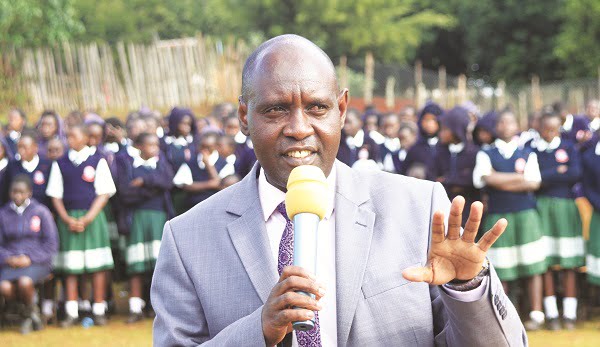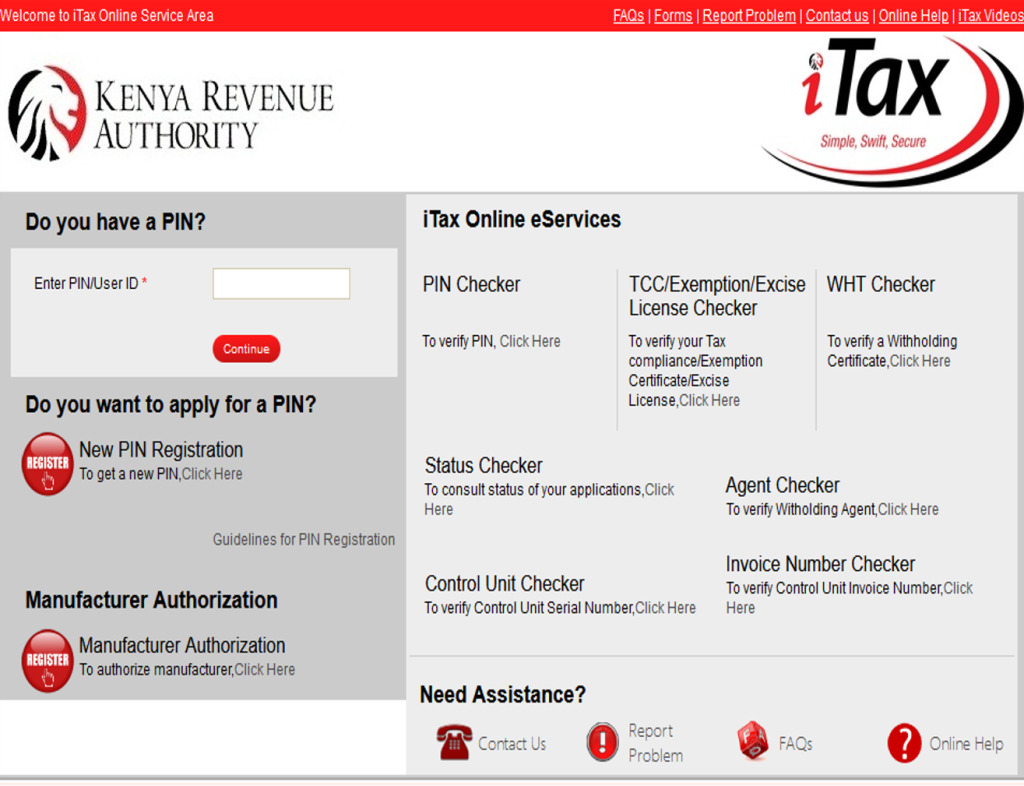By Staff Reporter
There is a state of confusion on the actual placement of Curriculum Support Officers (CSOs) who serve both the Teachers Service Commission and the Ministry of Education.
While the CSOs are employed by the Commission to handle teacher management issues at the zone, the Ministry, without field officers at that level, assigns them other functions.
As a result, the overwhelming workload they handle, observers argue, is susceptible to inaccuracies, making it unreliable to inform any policy direction.
Kenya National Union of Teachers (KNUT) Kuria West Branch Executive Secretary Paul Girwa noted that there had been a concern on the quality of some their work given the workload.
“Although the Commission and Ministry of Education have intertwined duties, this has stretched the officers to the limit,” he said.
With the shortage of personnel, Girwa stated that there is a backlog of duties that need to be urgently performed to enhance activities at the zone.
“Given the paucity of resources within their reach, the CSO strain to perform some roles and the quality might be compromised,” Migori KNUT Branch Executive Secretary Caleb Opondi said.
Former CSO in charge of Special Needs Education Japheth Imbeywa admitted that the vast area they operate leaves the field officers exhausted.
Imbeywa, who has retired, stated that since CSOs are the only field officers at the zonal, they have no option but to work for both the Ministry and the Commission.
Rift Valley Regional Education Director John Ololtua admitted that the workload might be overwhelming but stated that the two have a common goal.
“The Ministry of Education and the Commission is one and the same thing and whichever staff is available can do work as expected,” he said.
Ololtua said that though the ideal situation would be to have Ministry of Education officers at the zonal level, their lack has neither hindered nor compromised service delivery.
“A multi-sectoral approach is employed to achieve the intended results, and we are working quite well,” he said, adding that the two entities would consume any submitted by the CSOs.
He added that there is no Ministry of Education or TSC employee as the two coexist only that the Ministry is not concerned with teacher promotions and discipline issues.
“What TSC requires is not different from what the Ministry requires, and the same data is shared across the board,” he told Education News on the phone.
However, he denied allegations that the CSOs are not provided allowances when necessary to execute the assignments.
“Whenever the Ministry develops programmes where there is an allowance, the CSOs are also considered and never left out,” he said.
One of those programmes includes the Tusome project where the CSOs were roped in to ensure its success.
“In the event, there is work without allowances from the Ministry, the CSOs have to take it as a normal duty,” he said.
A senior TSC field officer noted that the CSOs work on the understanding they are all working towards improving education standards in the country.
The officer, who sought anonymity because he is not authorized to discuss the Commission’s issues in public, stated that whenever the CSOs are assigned functions outside their mandate, TSC Sub-County Officers give permission.
The concerns are corroborated by the Commission’s assessment on the implementation of Performance Contracting (PC) and Teacher Performance Appraisal Development (TPAD) tool across all the 47 counties.
In the report compiled in February 2018, the Commission identified lack of proper documentation on teachers’ classroom work such as lesson attendance and observation reports, roles assigned to CSOs.
It further indicated that the CSOs did not know the number of schools and teachers under their jurisdiction, and used some tools from the Ministry of Education in lesson observation and lesson attendance.
When reached for comment, TSC head of communication Beatrice Wababu did not respond to our emails.
There are about 1,050 regular CSOs across the country and 300 Special Needs Education (SNE) CSOs posted to every Sub-County in the country.
While issuing Career Progression Guidelines (CPG) for CSOs in 2019, TSC CEO Nancy Macharia recognized the critical role the field officers play in curriculum delivery.
“The Commission recognizes that peer review programmes go hand in hand with effective teacher supervision in improving quality and standards of education,” she said, arguing that quality education is a direct product of effective and efficient curriculum implementation.
The CSOs’ duties and roles include visiting schools, observing teaching techniques, giving demonstrative lessons, and advising teachers on the appropriate methods, techniques and resources needed for effective teaching and learning.







Good education update.
Good education update noted.